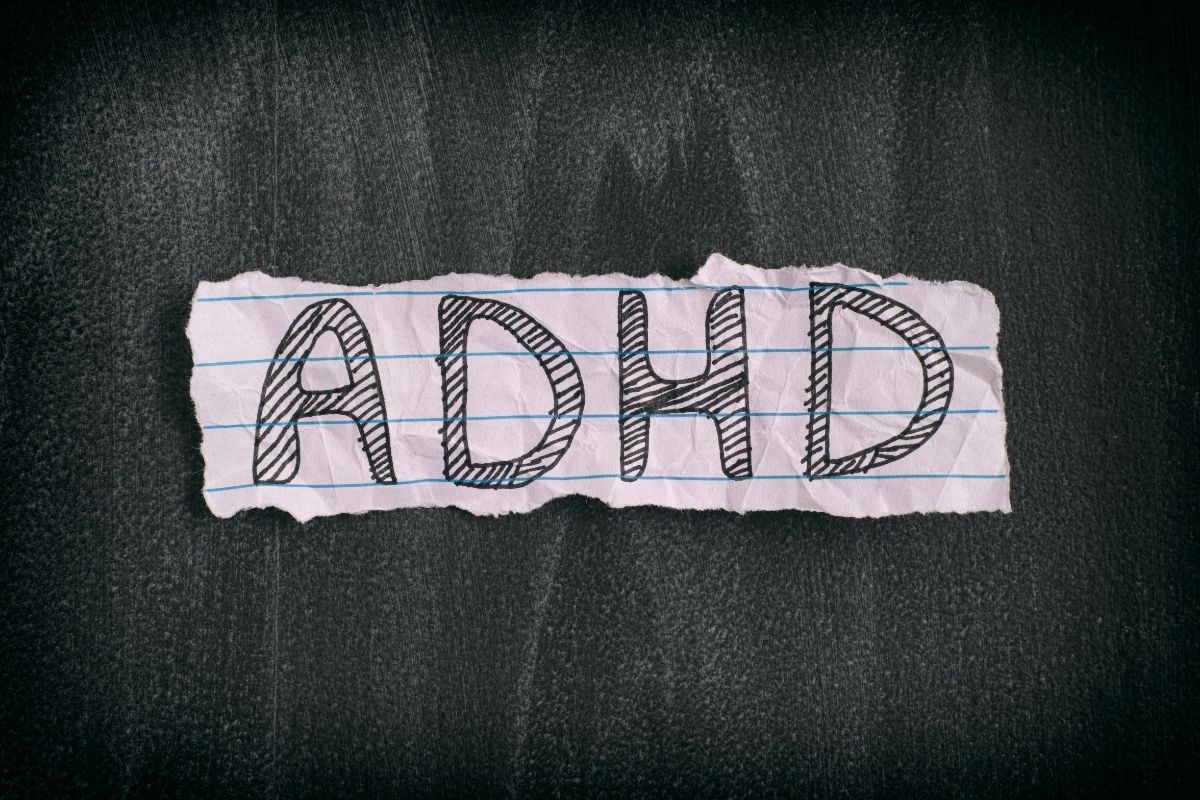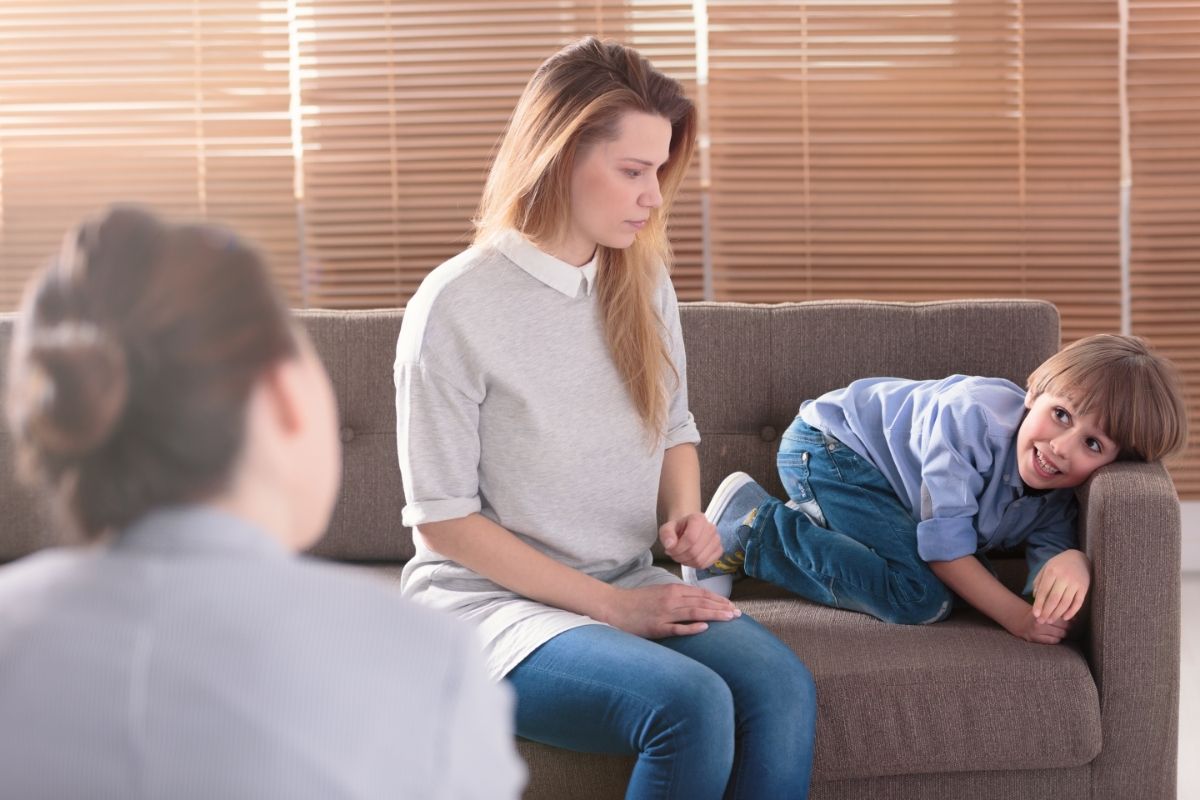Can ADHD Develop In Adulthood?

ADHD doesn’t develop in adults, but it can sure feel like it sometimes!
Imagine waking up one day and suddenly your brain’s running a marathon while you’re trying to sit still.
That’s what ADHD can feel like when it finally gets noticed in adulthood.
ADHD is like a hidden superpower that affects about 4-5% of folks in the USA.
Some know they have it, others don’t have a clue.
It’s like having a Ferrari engine in your brain, but sometimes the brakes don’t work so well.
Most people find out they have ADHD when they’re kids, usually between 5 and 12 years old.
But here’s the kicker – some people don’t realize they’ve got it until they’re all grown up!
So, can you suddenly catch ADHD like a cold when you’re an adult?
Nope, but it might feel that way.
Stick around, and I’ll spill the beans on why ADHD seems to pop up out of nowhere for some adults, why it’s trickier to spot in grown-ups, and how to tame this mental rollercoaster if you think you might be riding it.
Whether you’re wondering about your own brain or trying to understand someone else’s, this article is your ticket to the wild world of adult ADHD.
Buckle up, it’s going to be an interesting ride!
ADHD: The Brain’s Secret Fireworks Show
Before we dive into the deep end, let’s get our facts straight about what ADHD really is.
It’s not just about being fidgety or forgetful – it’s way more interesting than that!
ADHD stands for Attention Deficit Hyperactivity Disorder.
Fancy name, right?
But don’t let that scare you.
It’s basically like your brain’s throwing a constant party, and sometimes it forgets to invite Focus and Self-Control to the bash.
ADHD isn’t just about not being able to sit still or forgetting where you put your keys (again).
It’s a whole package deal, and it can really shake up your life if you don’t know how to handle it.
To get an official ADHD stamp on your brain’s passport, you need to show a bunch of symptoms.
It’s like a scavenger hunt, but instead of finding objects, you’re collecting quirky behaviors.
Some of the prizes in this ADHD scavenger hunt include:
– Feeling like you’ve got ants in your pants (that’s the restlessness talking)
– Having a mind that wanders more than a stray cat
– Being as organized as a tornado (spoiler alert: not very)
– Blurting out thoughts faster than a game show buzzer
– Moving around so much you could power a small city
Here’s the tricky part – these symptoms play hide and seek.
They might be super obvious one day and go undercover the next.
That’s why it can be harder to spot than Where’s Waldo, especially in adults.
Usually, ADHD crashes the party during childhood.
But sometimes, it’s like a ninja – silent and unnoticed until much later in life.
Which brings us to the million-dollar question…
Can ADHD Sneak Up on You in Adulthood?
Short answer? Nope.
ADHD isn’t like a surprise party that jumps out at you when you’re 30.
It’s more like a birthmark you’ve had all along but just noticed in the mirror.
ADHD is like your brain’s operating system – it’s installed at birth.
You can’t suddenly download it as an adult.
But here’s the thing – sometimes the symptoms are like a stealth video game character, sneaking around undetected for years.
So why do some folks suddenly feel like they’ve been hit by the ADHD truck as adults?
Well, it’s complicated.
It could be that:
1. Your coping strategies that worked like a charm in school aren’t cutting it in the adult world.
2. Adult life is throwing more curveballs at you than a major league pitcher.
3. You’re finally in a place where you can stop and really look at why you’ve always felt a bit… different.
Getting diagnosed with ADHD as an adult is like trying to solve a Rubik’s cube blindfolded.
It’s tricky, but not impossible.
Here’s why:
1. ADHD in adults is like a chameleon – it looks different than it does in kids.
2. Many adults are master illusionists, hiding their symptoms better than Houdini.
3. Some doctors are still stuck in the “ADHD is just for kids” mindset.
And if you’re a woman?
Buckle up, because the ADHD diagnosis road is even bumpier.
Women are way less likely to get diagnosed at any age.
It’s like trying to win a game where the rules are different for each player.
But don’t lose hope!
If you think your brain might be hosting an ADHD party, it’s never too late to crash it.
Getting help, even as an adult, can be a total game-changer.
Taming Your Adult ADHD Dragon
So, you think you might have an ADHD dragon breathing fire in your brain?
Don’t worry, you’re not alone in this epic quest.
Here are some tricks to help you train your dragon:
Build Your Castle (of Routine)
ADHD brains love chaos, but they secretly crave structure.
It’s like a toddler who fights bedtime but falls asleep instantly when it finally happens.
Try building a daily routine that’s as solid as a castle wall.
Use planners, alarms, or even fancy apps to keep you on track.
It might feel weird at first, like wearing shoes on the wrong feet, but stick with it.
Your brain will thank you later!
Treat Your Body Like a Temple (No, Really)
Your body and brain are best buddies, so keep them both happy.
Exercise isn’t just for buff Instagram models – it’s brain food for ADHD minds.
It’s like giving your thoughts a playground to run wild in.
Eating healthy isn’t just about fitting into your favorite jeans.
It’s about giving your brain the good stuff to work with.
Think of your diet as premium fuel for your mental Ferrari.
And don’t forget about mindfulness and meditation.
I know, I know – sitting still sounds about as fun as watching paint dry when you’ve got ADHD.
But it’s like training for a mental marathon.
Start small, and before you know it, you’ll be a Zen master (or at least less likely to lose your keys).
Build Your Cheer Squad
Having ADHD can sometimes feel like you’re speaking a different language.
That’s why it’s super important to have people around who get you.
Friends, family, maybe even a support group – these are your translators in the world of neurotypicals.
Good relationships aren’t just about having someone to binge-watch Netflix with.
They’re about having a safety net when your ADHD tightrope walk gets wobbly.
Plus, practice makes perfect – the more you interact, the better you’ll get at navigating social situations with your ADHD superpowers.
The Final Buzzer
Remember, ADHD isn’t a life sentence – it’s more like a quirky roommate you need to learn to live with.
It doesn’t pop up out of nowhere in adulthood, but it can certainly make itself known in new and interesting ways as you grow up.
If you think you might be riding the ADHD rollercoaster, don’t be afraid to reach out for help.
A good therapist or doctor can be like a tour guide in the wild jungle of your mind.
ADHD might make life interesting, but with the right tools and support, you can be the director of your own mental blockbuster.
So go forth, embrace your unique brain wiring, and show the world what ADHD superpowers can really do!

Author: Michelle Landeros, LMFT
Michelle Landeros is a Licensed Marriage Family Therapist (LMFT). She is passionate about helping individuals, couples and families thrive.





